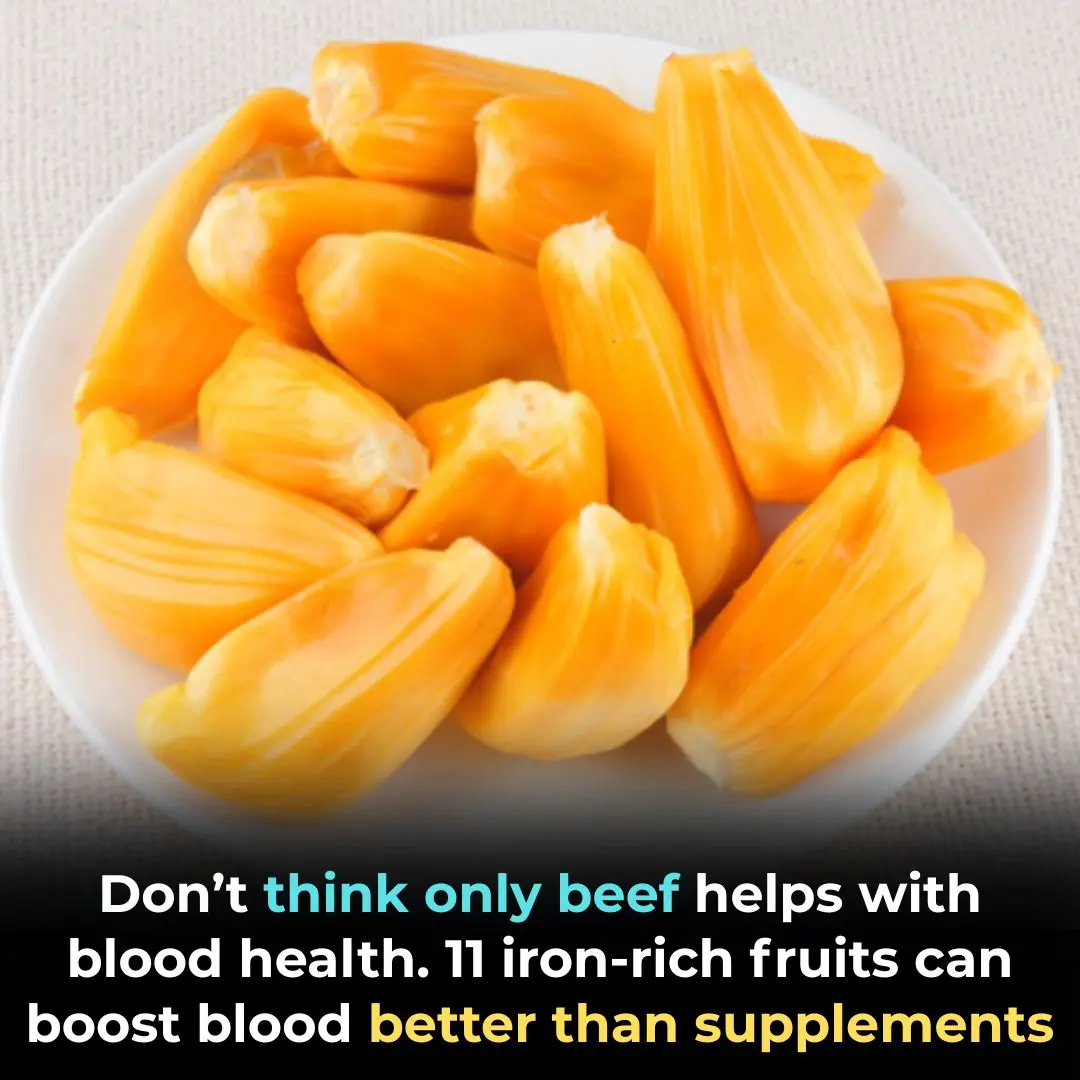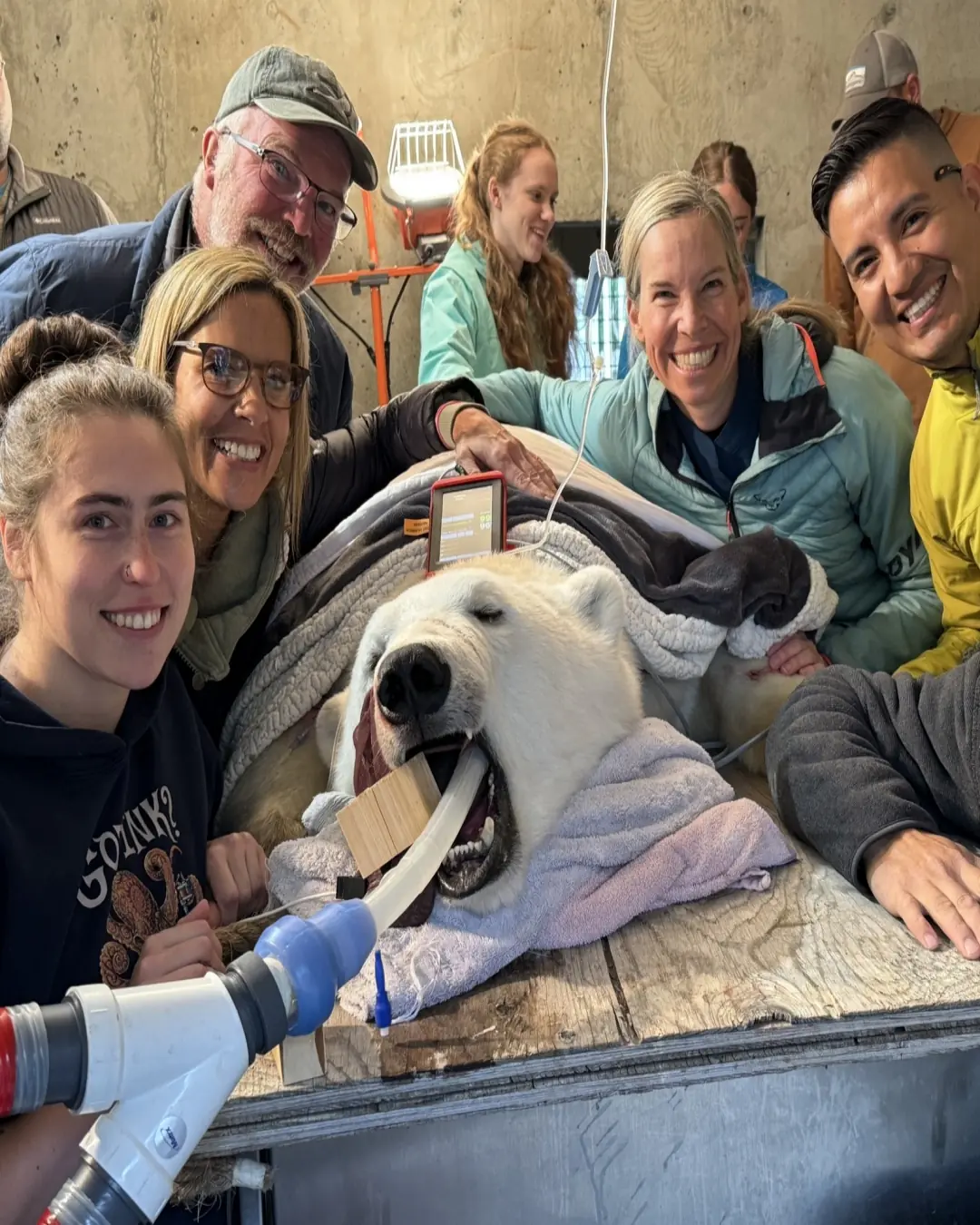
The Girl Who Wanted to Fly to the Moon: Lucy’s Brave Battle with Bone Cancer
Before January 2021, Lucy was the kind of child who never stopped moving.
At just eight years old, she was a bundle of energy — always in motion, always smiling. She was the first to race onto the playground and the last to leave the football field. Whether it was skipping rope, playing tag, or joining in the school’s “daily mile” run, Lucy was always eager to move. She loved the rhythm of her routine, the feel of the wind on her face, and the laughter of her classmates beside her.
But one cold January morning, everything changed.
Halfway through her beloved daily mile, Lucy suddenly stopped. Her face, once glowing with joy, twisted in pain. She burst into tears, clutching her thigh, and told her teacher she couldn’t keep going — her leg hurt too much.
This wasn’t a typical childhood ache or a way to get out of running. It was different. Her teacher noticed it. And so did her mother — a nurse and breast cancer survivor who had learned to listen closely to her instincts.
“I booked a GP appointment right away,” her mother recalls.
“When I felt a hard lump on her thigh, my heart just sank. I knew something wasn’t right.”
The Diagnosis No Parent Wants to Hear
The general practitioner agreed. Within hours, Lucy was sent for an emergency X-ray. A quick glance at the scan confirmed their worst fears.
“The bone didn’t look normal,” her mother said quietly. “It was like my whole world tilted.”
What followed was a blur — endless appointments, urgent phone calls, sleepless nights filled with fear. Then came the diagnosis no parent should ever have to face: osteosarcoma, a rare and aggressive bone cancer that typically affects children and teenagers.
Lucy was immediately told not to put weight on her leg. At school, she began using crutches, and her teachers and friends rallied around her. But for a little girl who thrived on movement, this sudden stillness felt unbearable.
“It was like someone pressed pause on her life,” her mother said.
The Fight Begins
Within three weeks, Lucy began intensive chemotherapy at Addenbrooke’s Hospital in Cambridge. Her small body endured powerful drugs designed to kill the cancer. Then came limb-salvage surgery at the Royal National Orthopaedic Hospital in Stanmore — a delicate and complex operation aimed at saving both her leg and her future.
Because Lucy was still growing, her surgeons chose to implant a “growing prosthetic” — one of the largest ever used at the hospital. This specialized device could be expanded in stages, allowing her leg to grow along with her body and maintain balance and function.
Before the surgery, as she lay on the operating table, her doctor gently asked what she wanted to dream about during the operation.
“I want to fly to the moon,” Lucy whispered.
When she awoke, she found a tiny rocket carefully drawn on her leg in marker — a gift from her surgeon. It wasn’t just a drawing — it was a symbol. A reminder that even in the middle of pain and uncertainty, her dreams were still valid. She could still dream big.
Courage in Isolation
Lucy’s cancer journey unfolded during the height of the COVID-19 pandemic — a time when hospitals were unusually quiet, playrooms were closed, and visitors were severely restricted. The warm, bustling world of children’s wards had turned cold and clinical. But Lucy's spirit remained undimmed.
She found hope in a children’s book called Abbie Has Osteosarcoma — a story about a girl who shared her diagnosis. It helped her feel seen and understood. Play therapists brought moments of lightness to long days, and her physiotherapist and clinical nurse specialist became anchors in her new routine.
But perhaps most powerful of all were the small digital notes sent from her classmates. Typed out by little hands and sent via her school laptop, these virtual sticky notes were filled with bright colors, jokes, and encouragement.
“Those little messages meant the world,” her mother says.
“They reminded her that she wasn’t forgotten. That she was still part of something.”
At home, Lucy’s two whippets, Arlo and Remy, were her constant companions. Arlo, in particular, seemed to sense her pain. He would gently curl up on her leg during chemotherapy treatments — always on the side that hurt most. And when her treatment ended, he stopped doing it, as if he understood she no longer needed it.
“He just knew,” her mother said. “It was incredible.”
A New Kind of Strength
Perhaps the hardest part of Lucy’s journey wasn’t the pain or the hospital visits — it was losing the identity she had always known. From a confident, athletic girl who ran races and climbed trees, she suddenly became a patient — someone fragile, dependent, and angry.
“She was furious at her body,” her mother remembers.
“At the crutches, at missing out on sports day, at not being able to join her friends.”
But slowly, Lucy began to rebuild — not just her body, but her spirit.
She found new ways to express herself through art, music, and books. She began helping younger patients on the ward, offering them comfort and friendship. She learned to be still, to breathe through the fear, and to listen to what her body needed most: time, patience, and care.
Now, at 11 years old, Lucy’s hair has grown back in soft curls. Her laugh is back, and so is her light. She still walks with a slight limp and continues her physiotherapy, but her strength — physical and emotional — has never been greater.
“She’s still the same girl,” her mother says with a proud smile.
“Still stubborn. Still brave. Still dreaming of flying to the moon.”
A Mother’s Message
For Lucy’s mother, who once faced cancer herself, this experience brought back difficult memories — but also taught her something new about resilience, both in herself and her daughter.
“My message to every parent is this,” she says.
“Trust your instincts. You know your child better than anyone. If something feels off — don’t wait. Push for answers.”
She pauses, voice thick with emotion.
“We were lucky. We caught it early. We got treatment fast. That made all the difference.”
And then, quietly:
“Lucy taught me that being brave doesn’t mean you’re not scared. It means choosing to hope — even when you’re terrified.”
The Light That Remains
Lucy’s story is not just about cancer. It’s about courage, community, and the small, shining acts of love that carry us through the darkest of days.
From her devoted medical team, to her loyal classmates, to her dogs who never left her side — Lucy’s world wrapped around her and lifted her when she needed it most.
She didn’t just survive cancer. She transformed through it.
And somewhere in that quiet hospital room, where a little girl once dreamed of rockets and moonlight, something powerful still lingers: hope — steady, quiet, and unshakable.
💛 Because sometimes, courage doesn’t roar. It whispers, “I’m still here.”
And Lucy is. Stronger than ever.
News in the same category

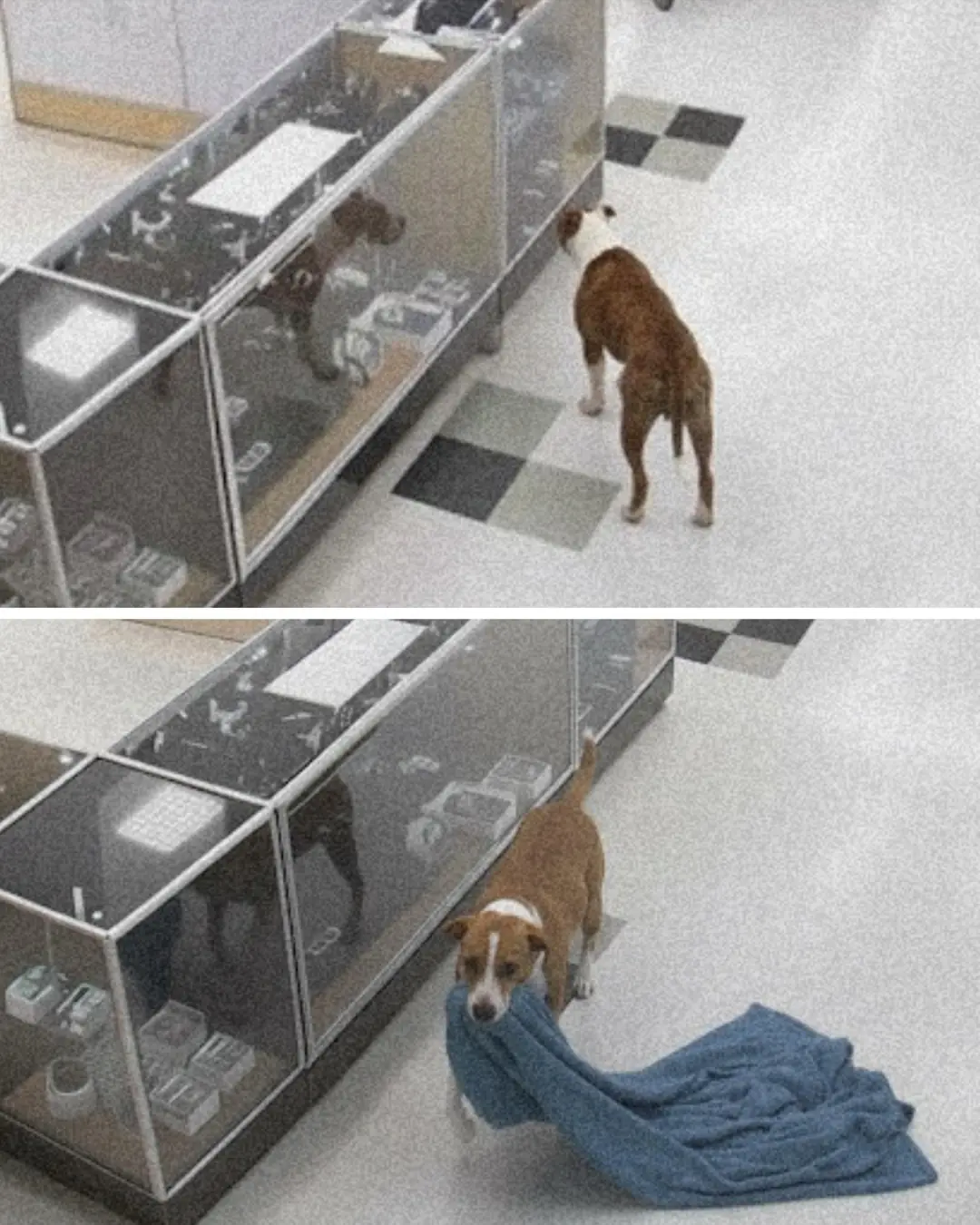
A Blanket Stolen, A Heart Restored: How One Dog Sparked a Wave of Kindness
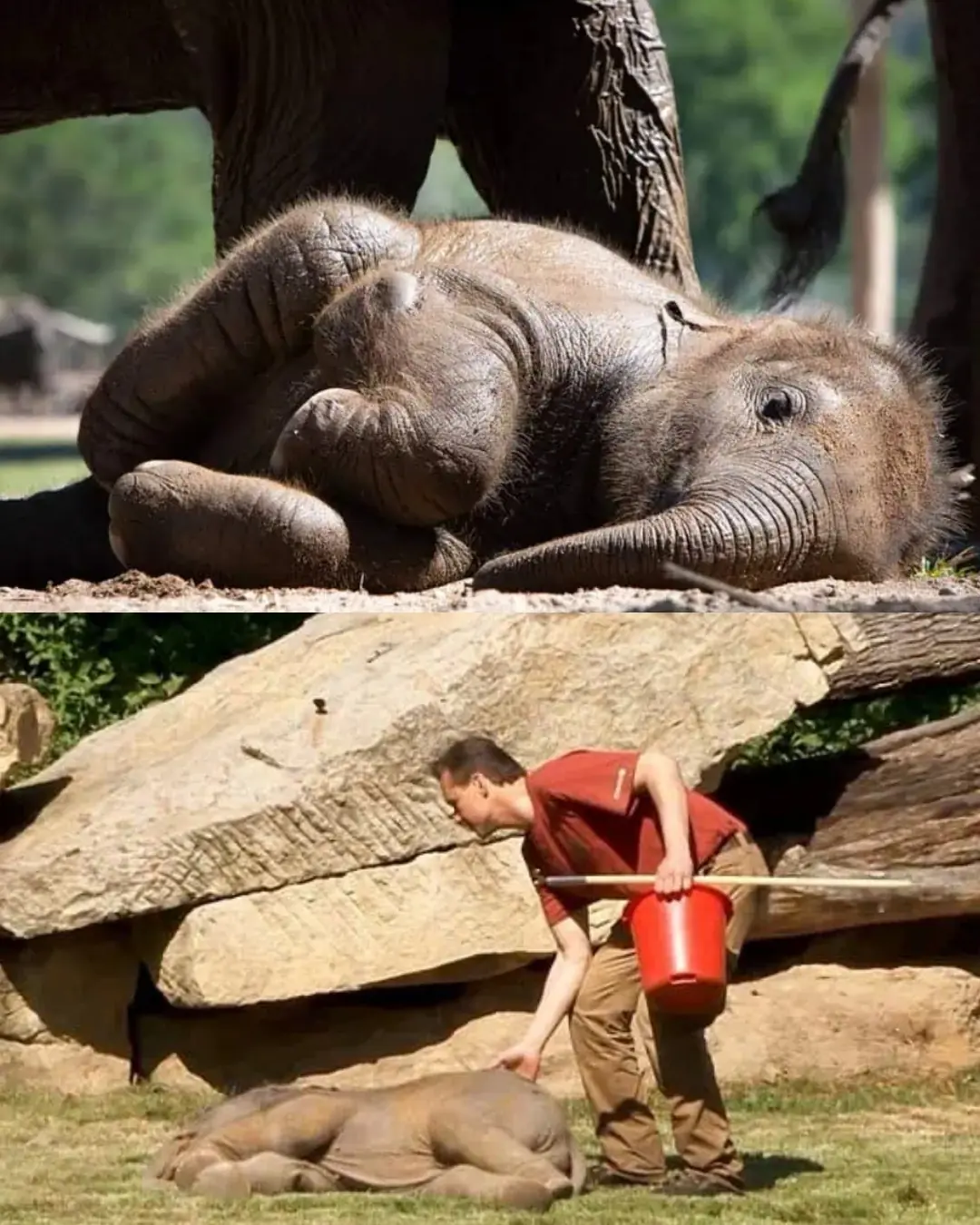
Choti, the Sleepiest Little Soul of the Sanctuary
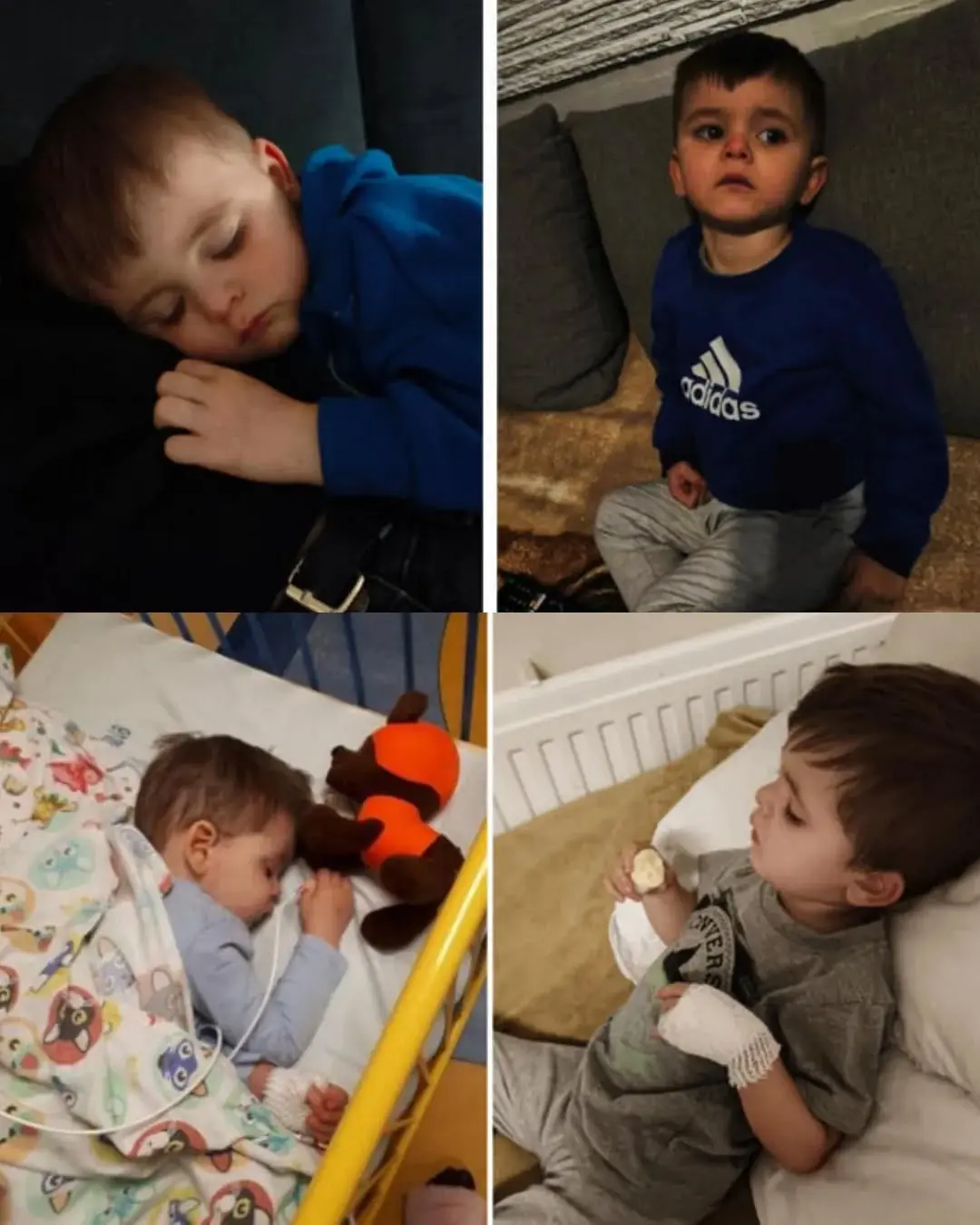
A Mother’s Plea: Fighting for Alan’s Future
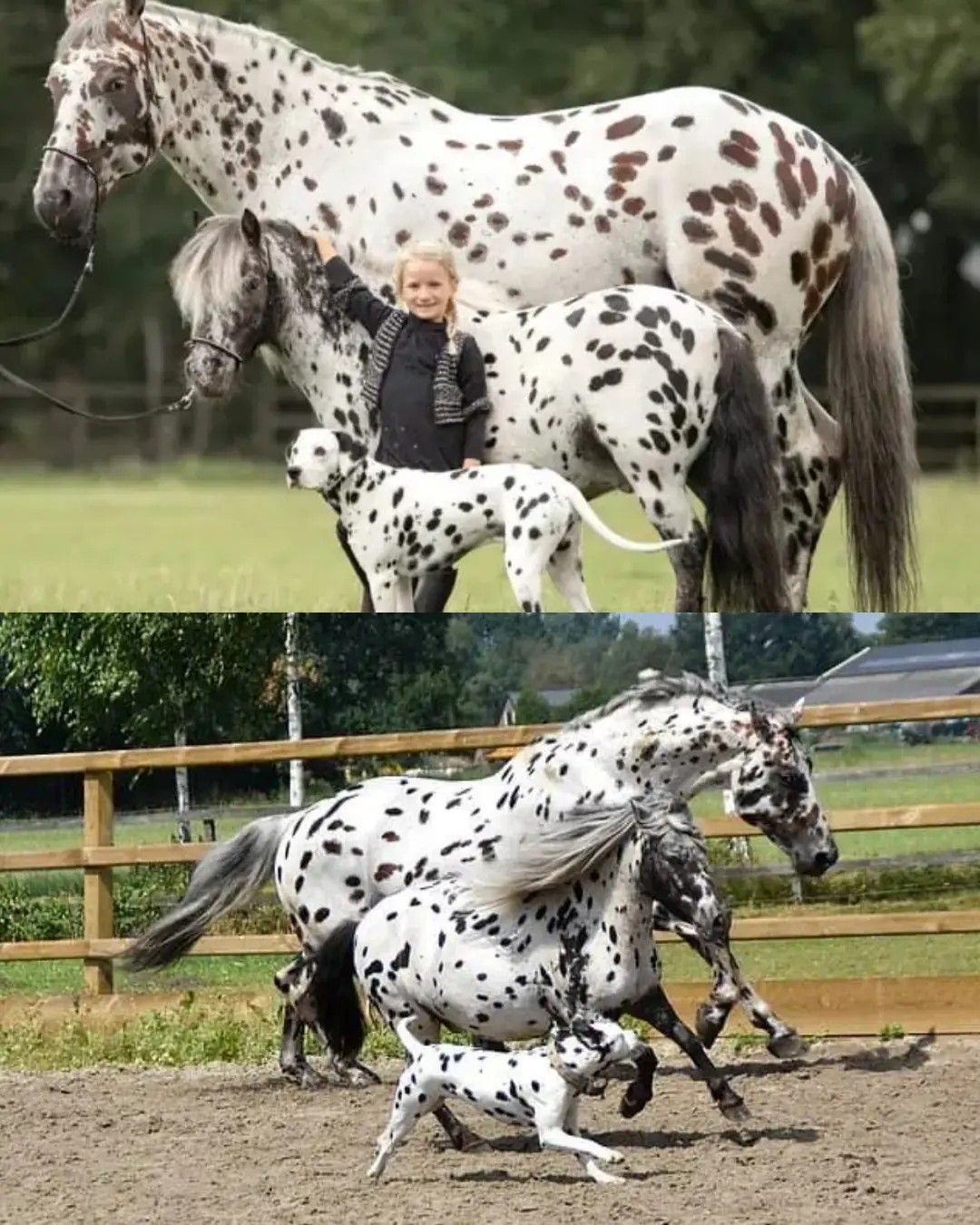
Spots of Joy: The Horse, the Pony, and the Dog Who Became Family
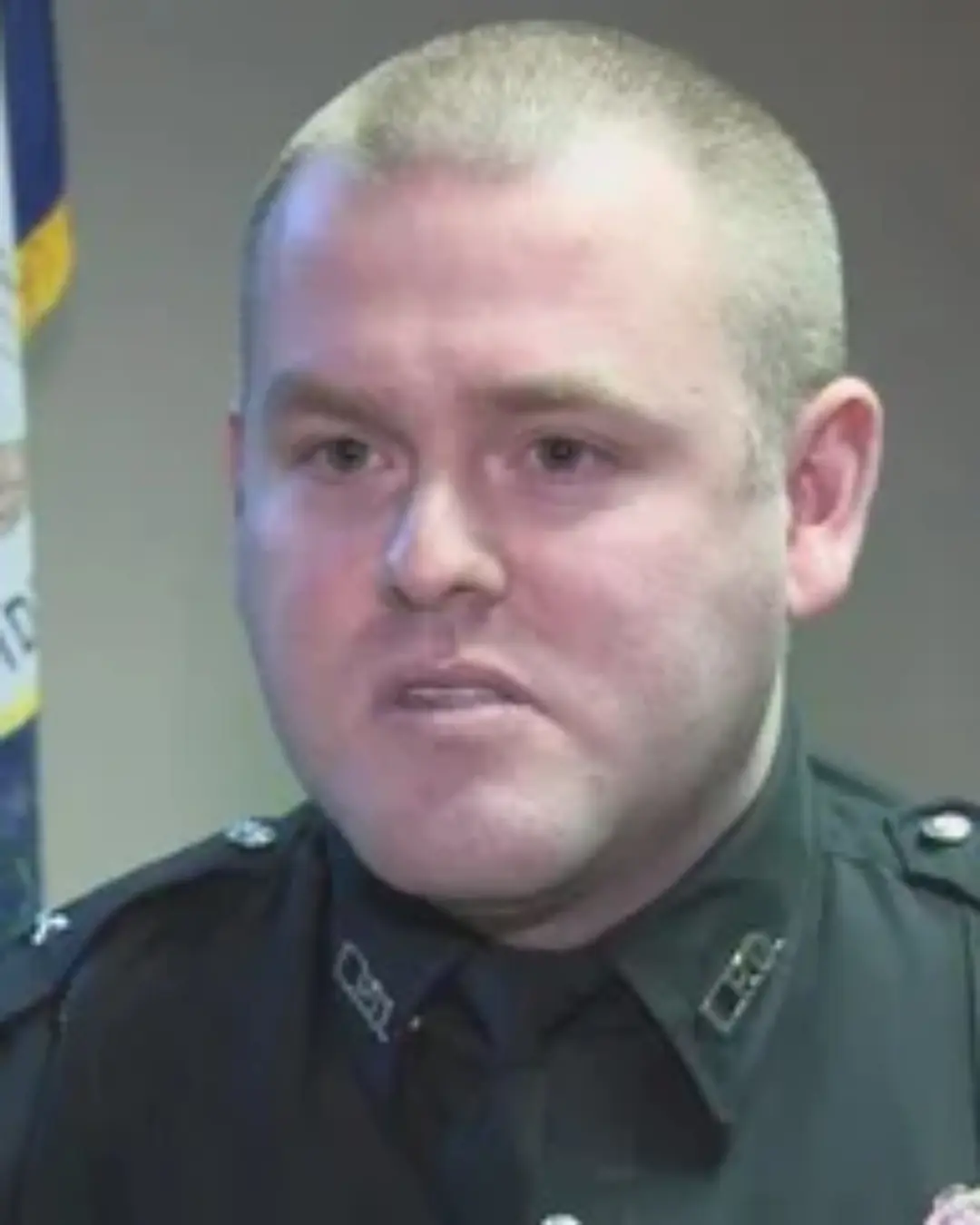
The Silent Hero Who Bought Milk for a Thief.
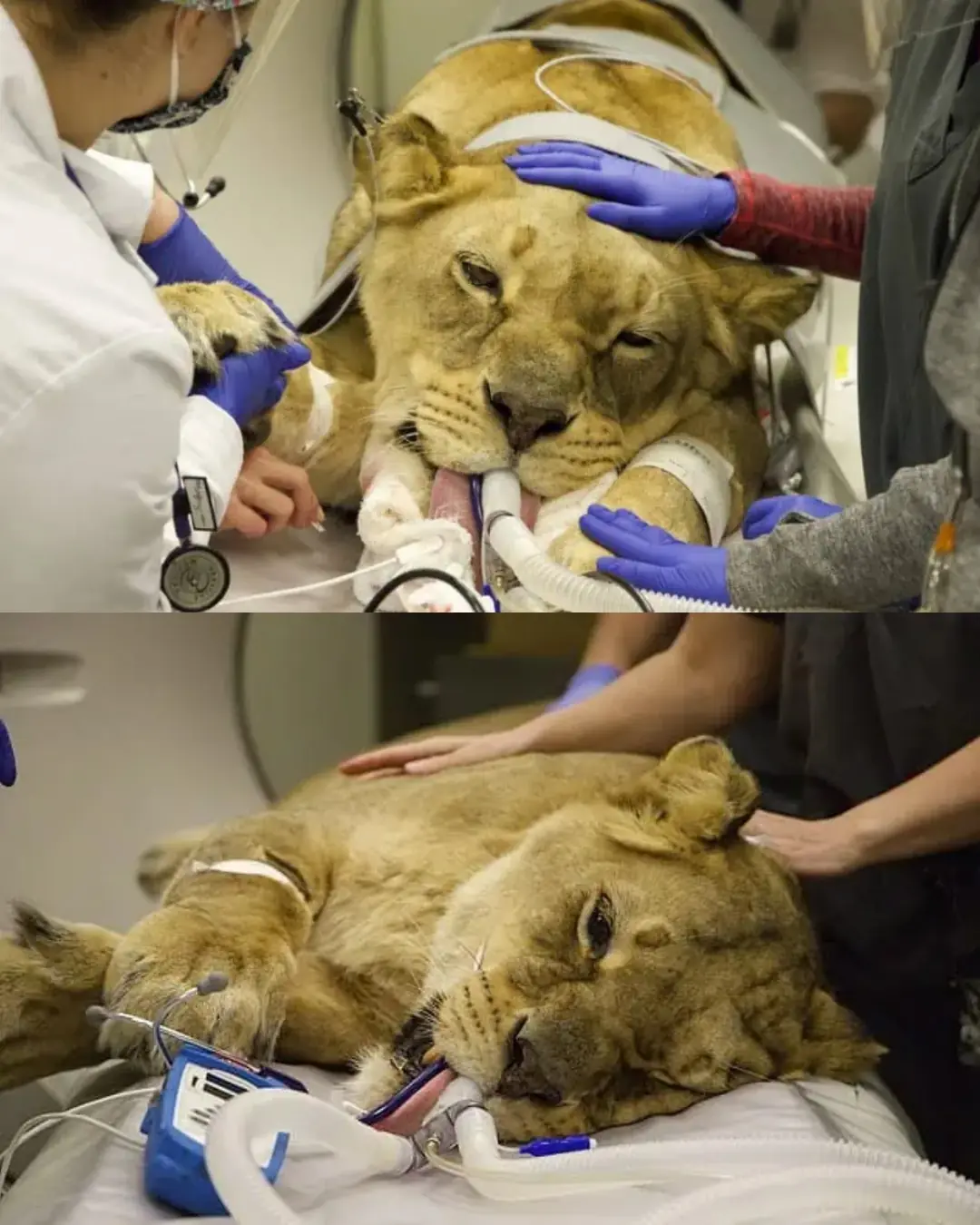
The Lioness Who Found Freedom: From Captivity to Courage.
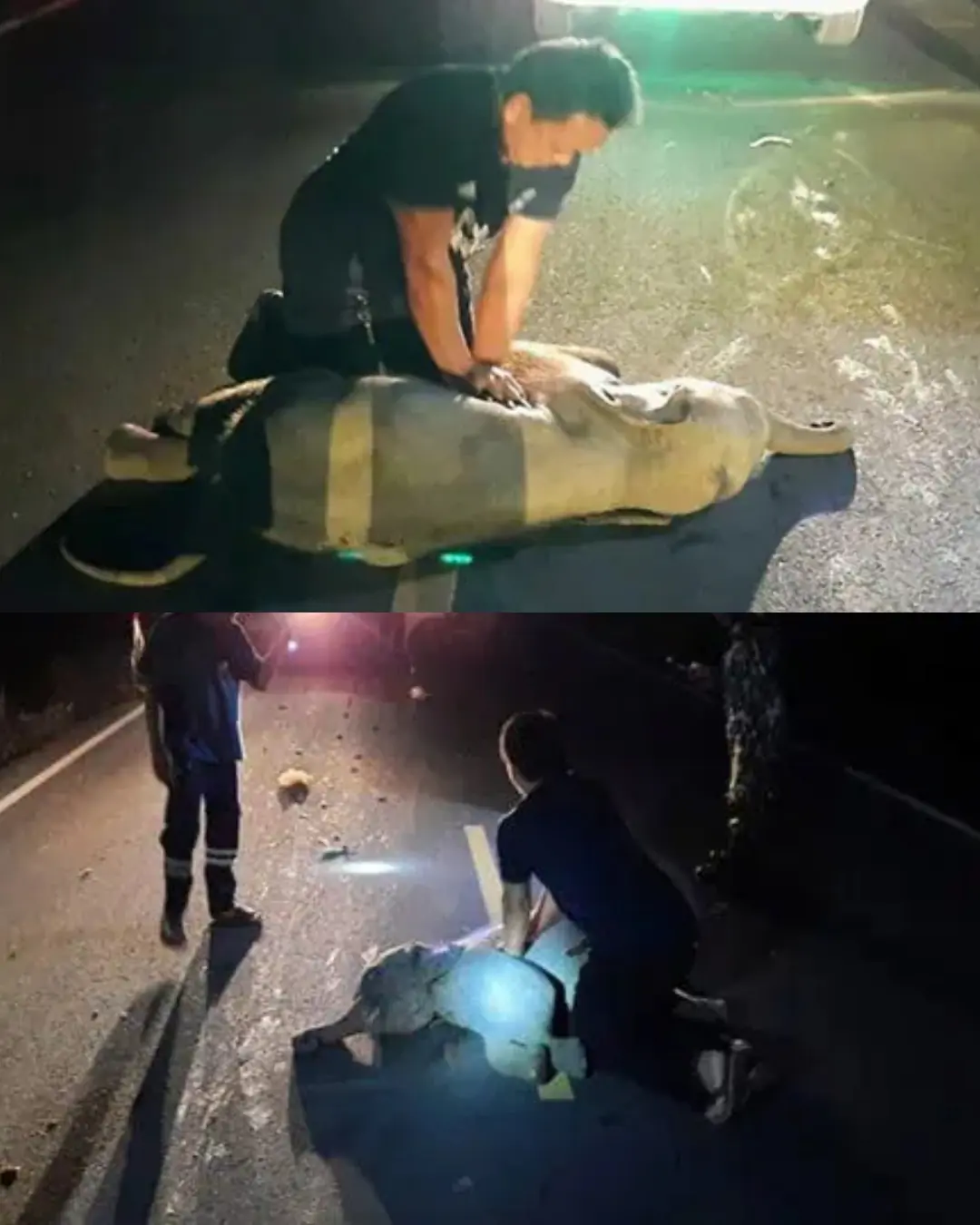
The Rescuer Who Brought a Baby Elephant Back to Life

If I owe you for groceries, then you should pay for living in my apartment too,” the wife replied to her enterprising husband.
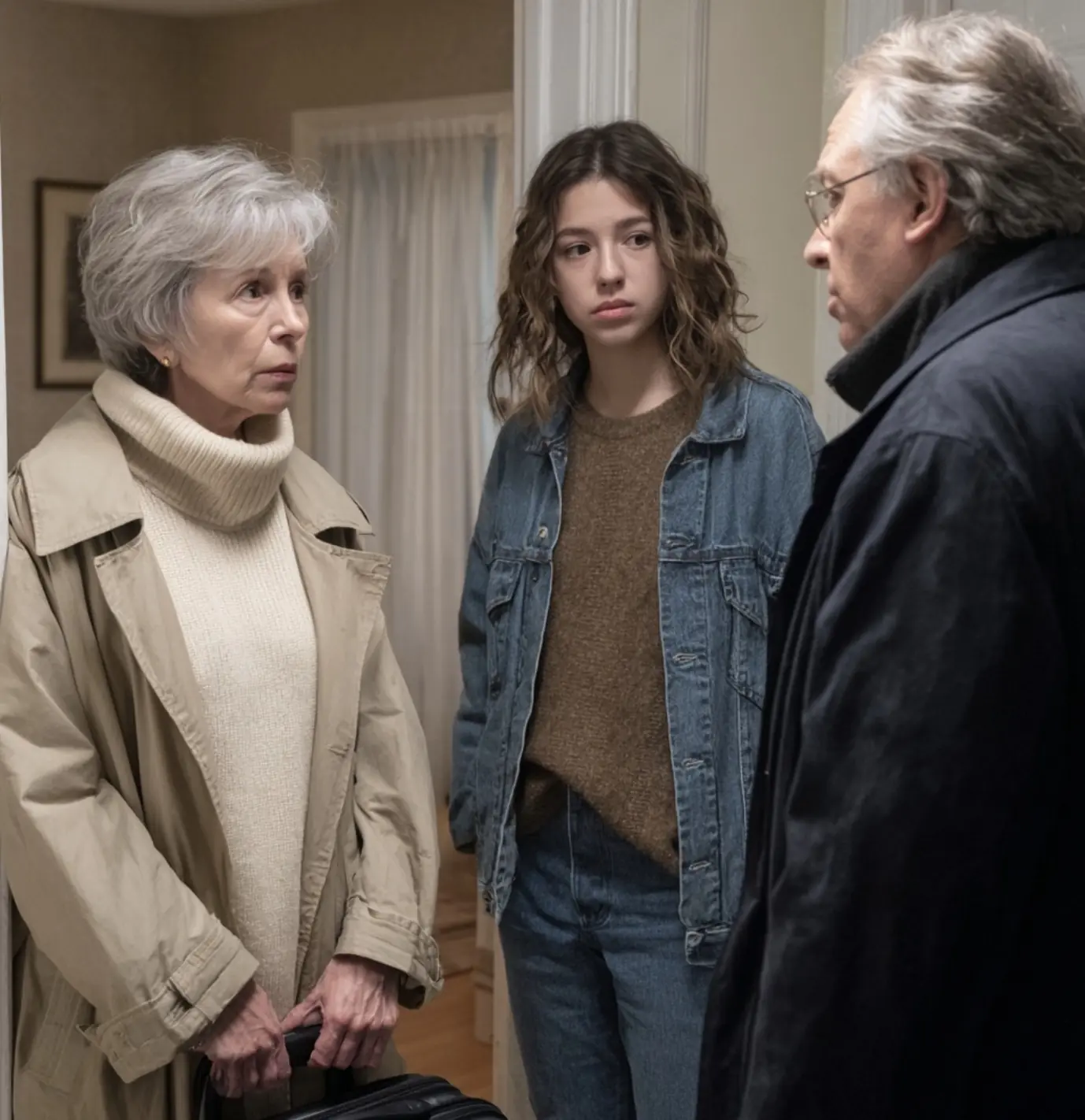
— The apartment is ours now! My son said so!” — my husband’s parents showed up at the door with suitcases.
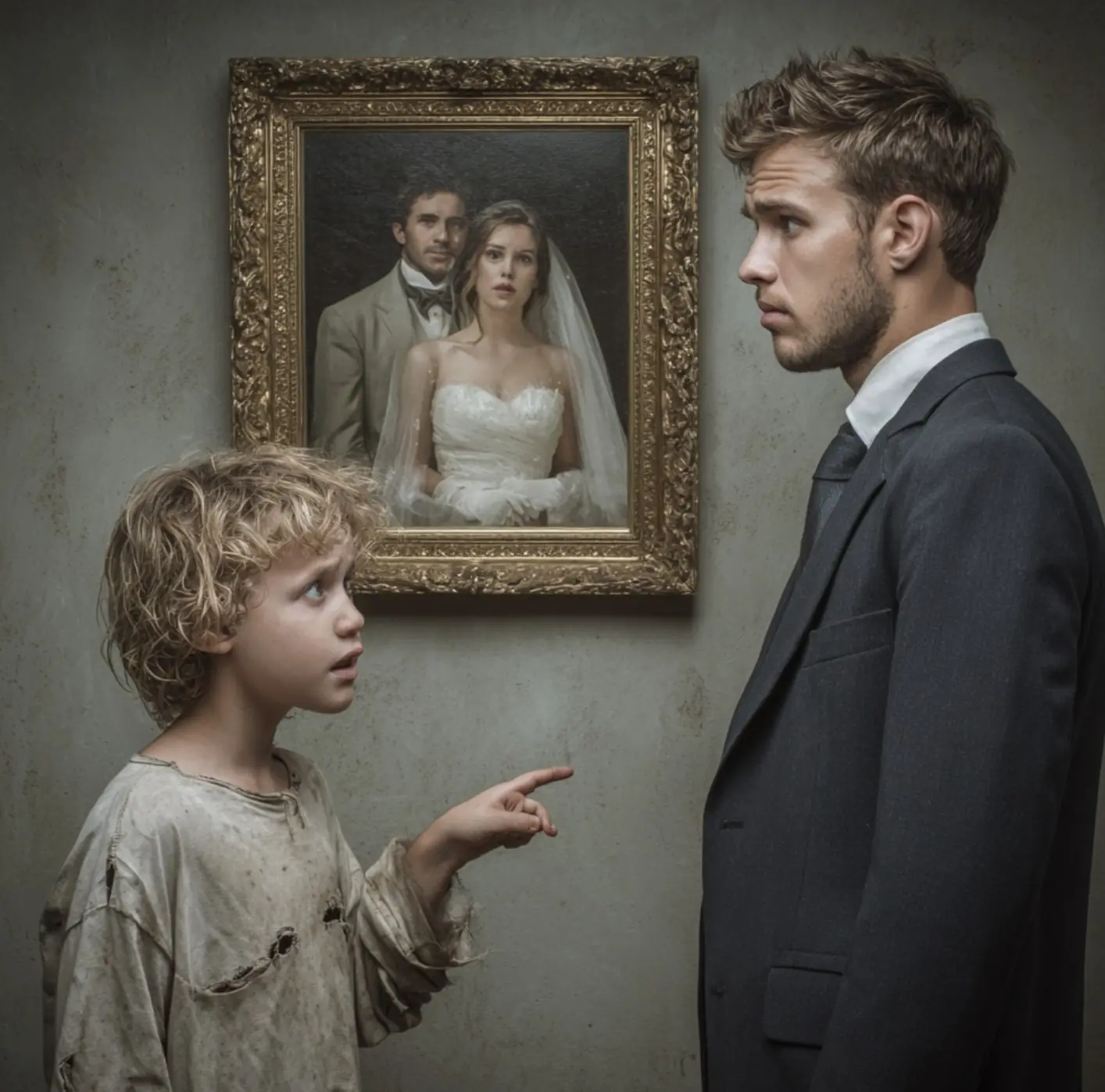
A homeless boy paused at a fogged bakery window and whispered, “That’s my mom.” In that breath, the life James Caldwell had welded shut with money and silence came apart like thin glass.
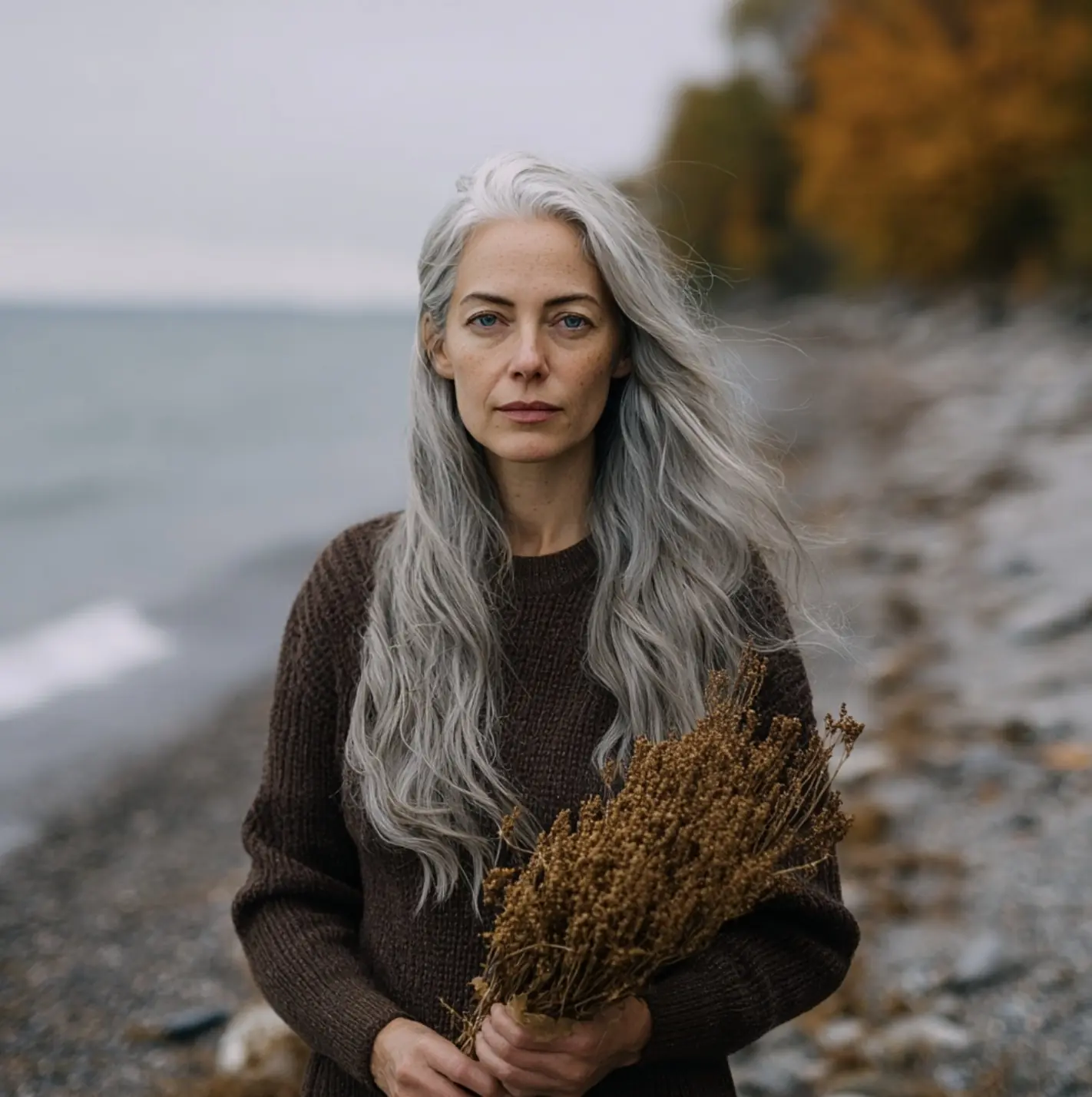
A schoolteacher caught her husband in bed with a younger woman, kicked them both out, divorced him, and later met a great programmer at a resort.
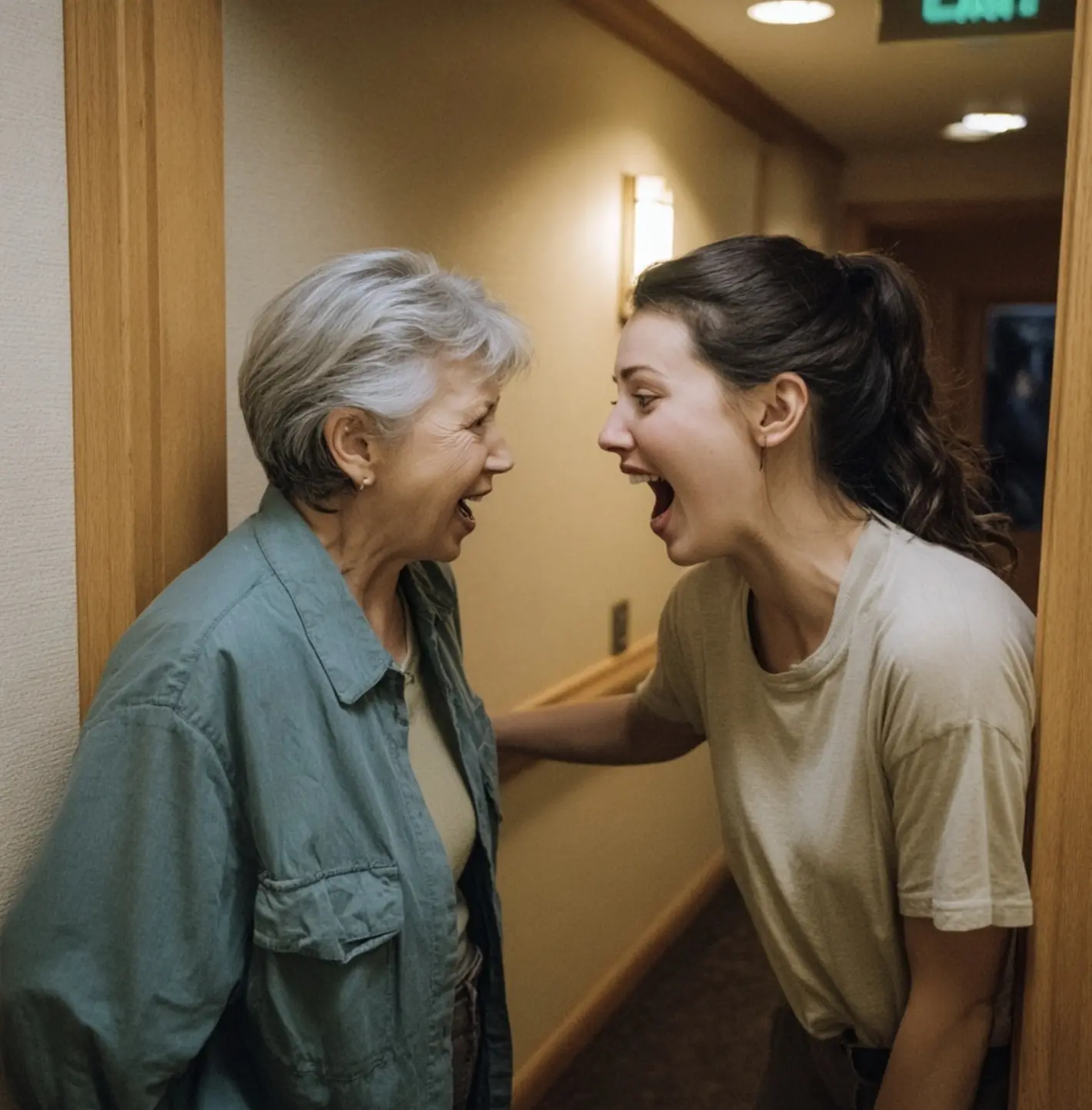
“Let me in—now! This is my son’s home!” the mother-in-law shrieked, pounding on the door.
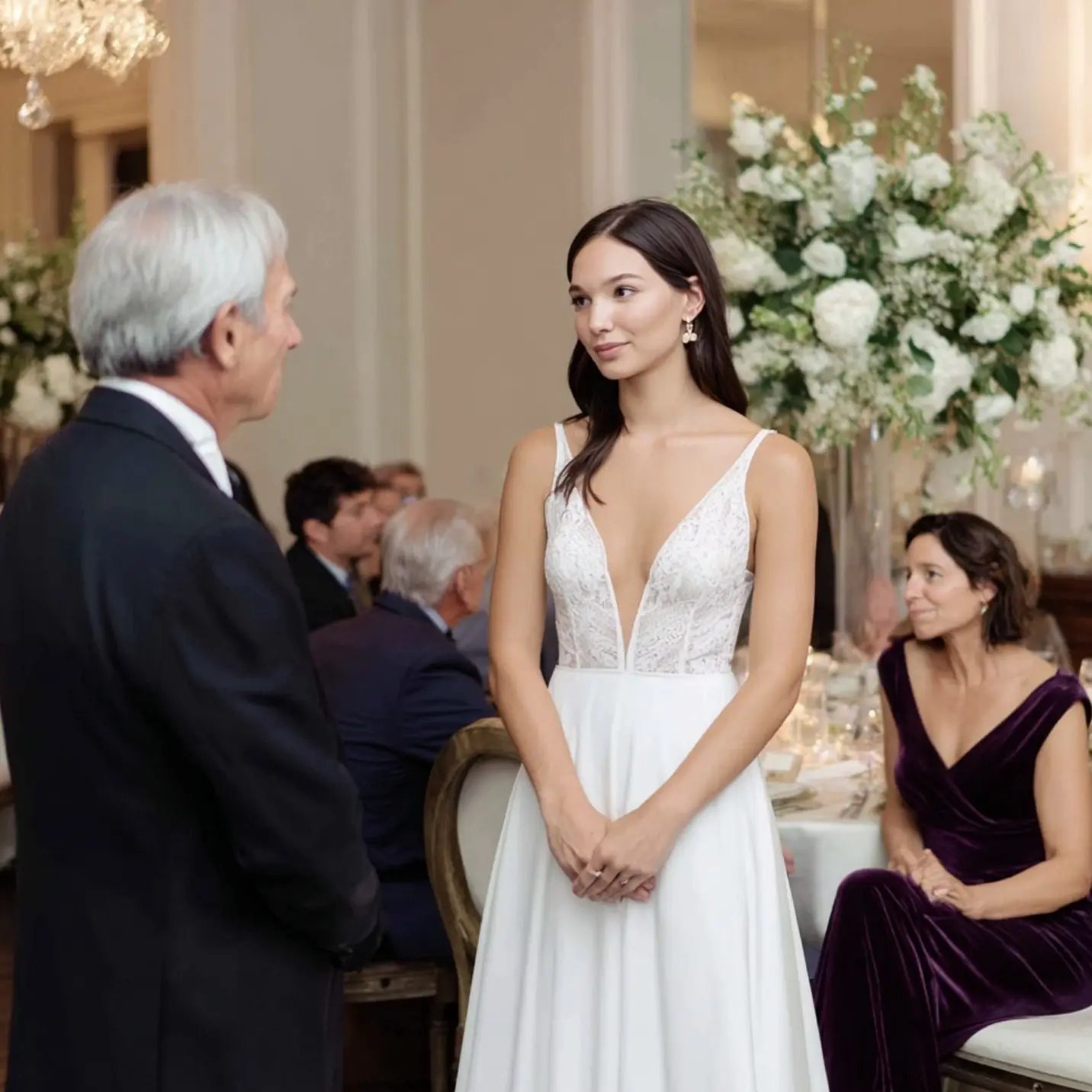
THE WEDDING SPEECH THAT CHANGED EVERYTHING

— Will you tell my fortune? I’ll grease your palm. The old gypsy woman stared at her in surprise.
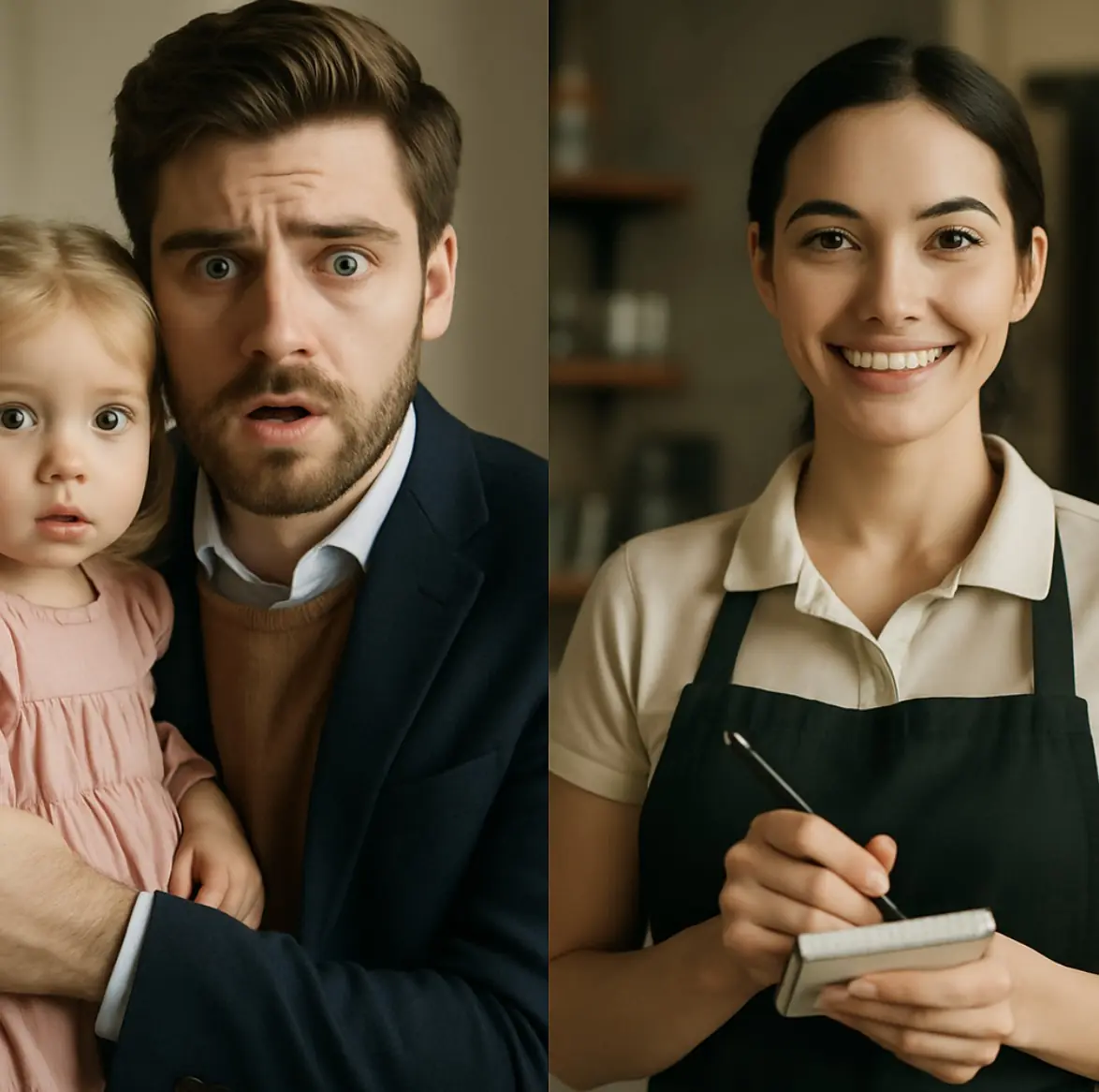
Daddy, that waitress looks just like Mommy!” The words hit James Whitmore like a shockwave. He turned sharply—and froze. His wife had died.
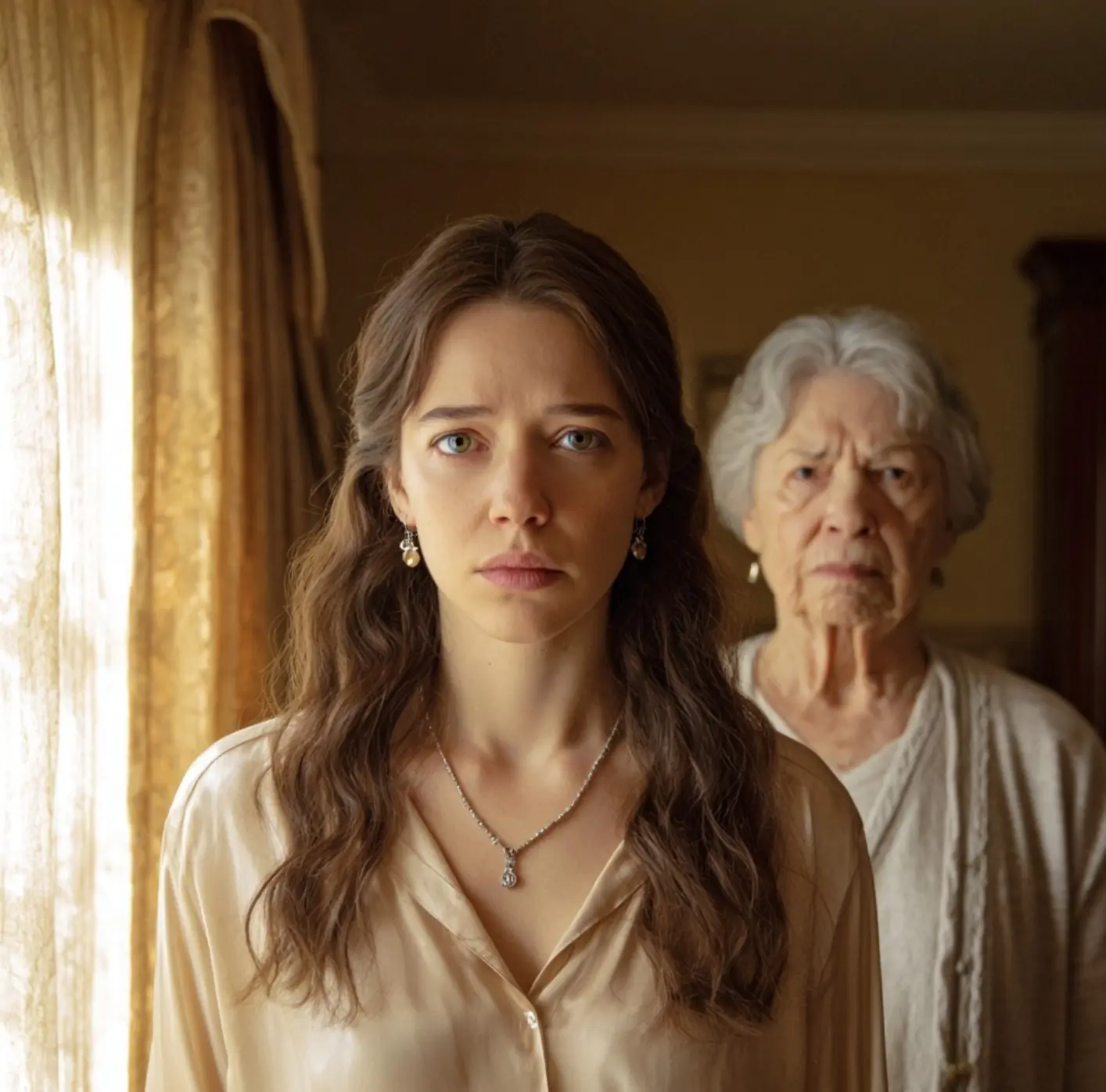
— “My grandma is coming to stay with us… for a couple of weeks,” Kostya forced out, and Rita realized that pregnancy and the upcoming birth were nothing compared to the nightmare rolling toward them.
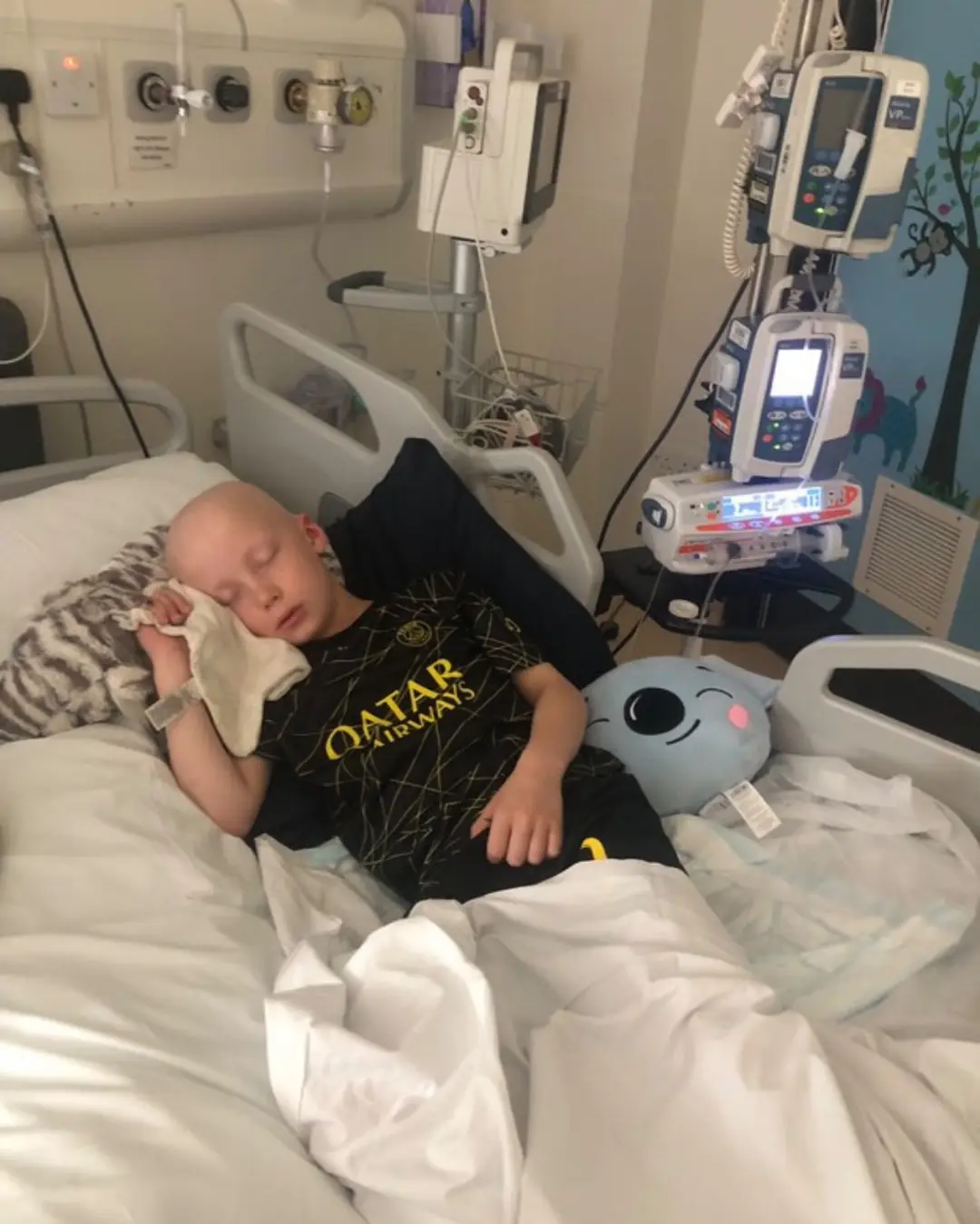
Freddie’s Fight: A Young Warrior’s Journey With Childhood Cancer
News Post

Using rice water like this will ensure the jar of pickled cabbage is golden, crispy, delicious, not slimy, and everyone who tries it will love it.

21-Year-Old Yale Juniors Raise $3M in 14 Days for New AI-Powered Social Media App ‘Series’
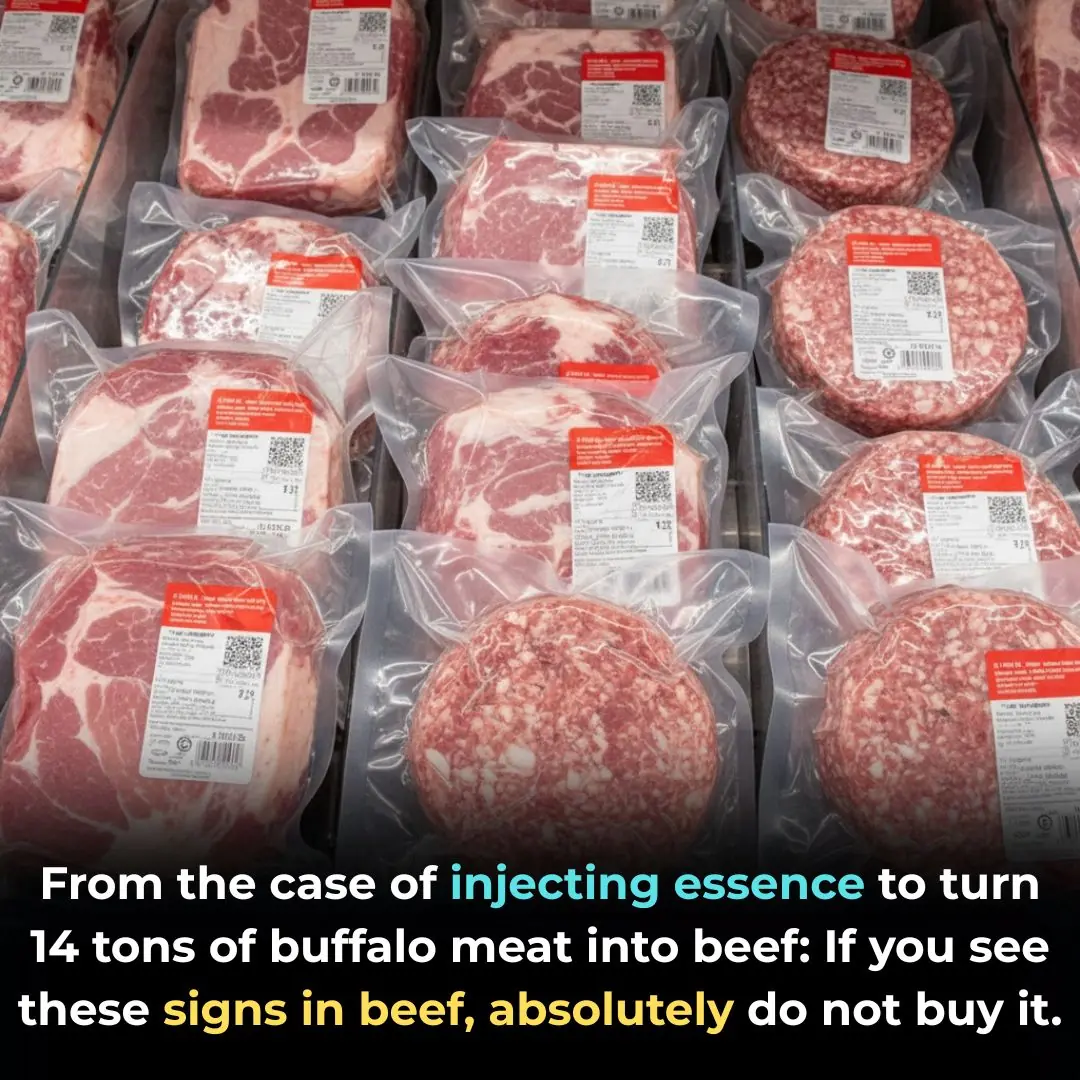
From the case of injecting essence to turn 14 tons of buffalo meat into beef: If you see these signs in beef, absolutely do not buy it.
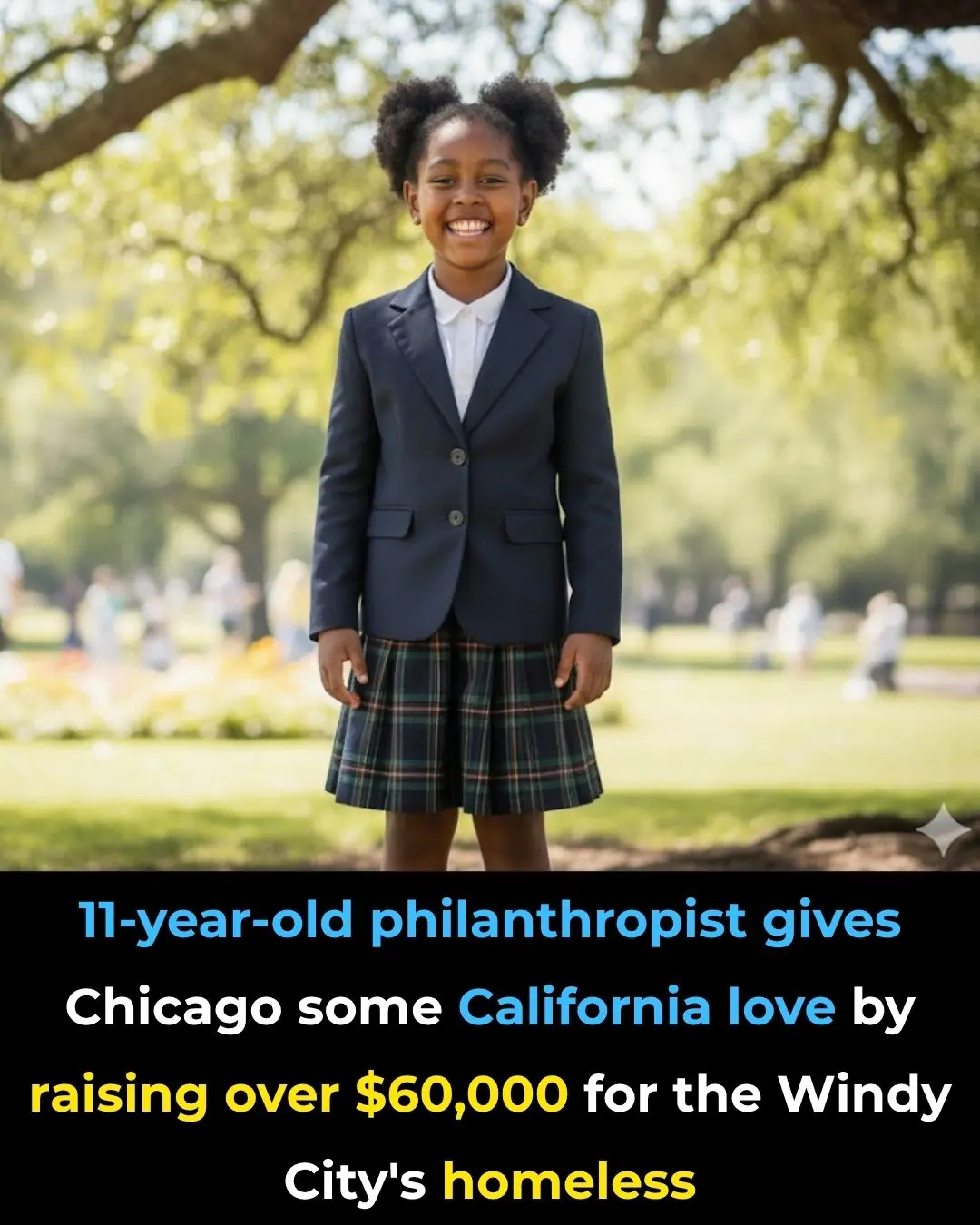
11-year-old Philanthropist Gives Chicago Some California Love by Raising Over $60,000 for the Windy City’s Homeless

Megan Thee Stallion Brings Queen Latifah to Coachella for Shining Moment of Black Girl Magic

Don’t Throw Away Date Seeds – Here’s Why They’re So Powerful

Putting Ice Cubes into Boiling Soup: A Clever Trick Many People Don’t Know

Think Twice Before Drinking Bottled Water in Hotel Rooms – Here's Why It's Not Always Safe or Worth It
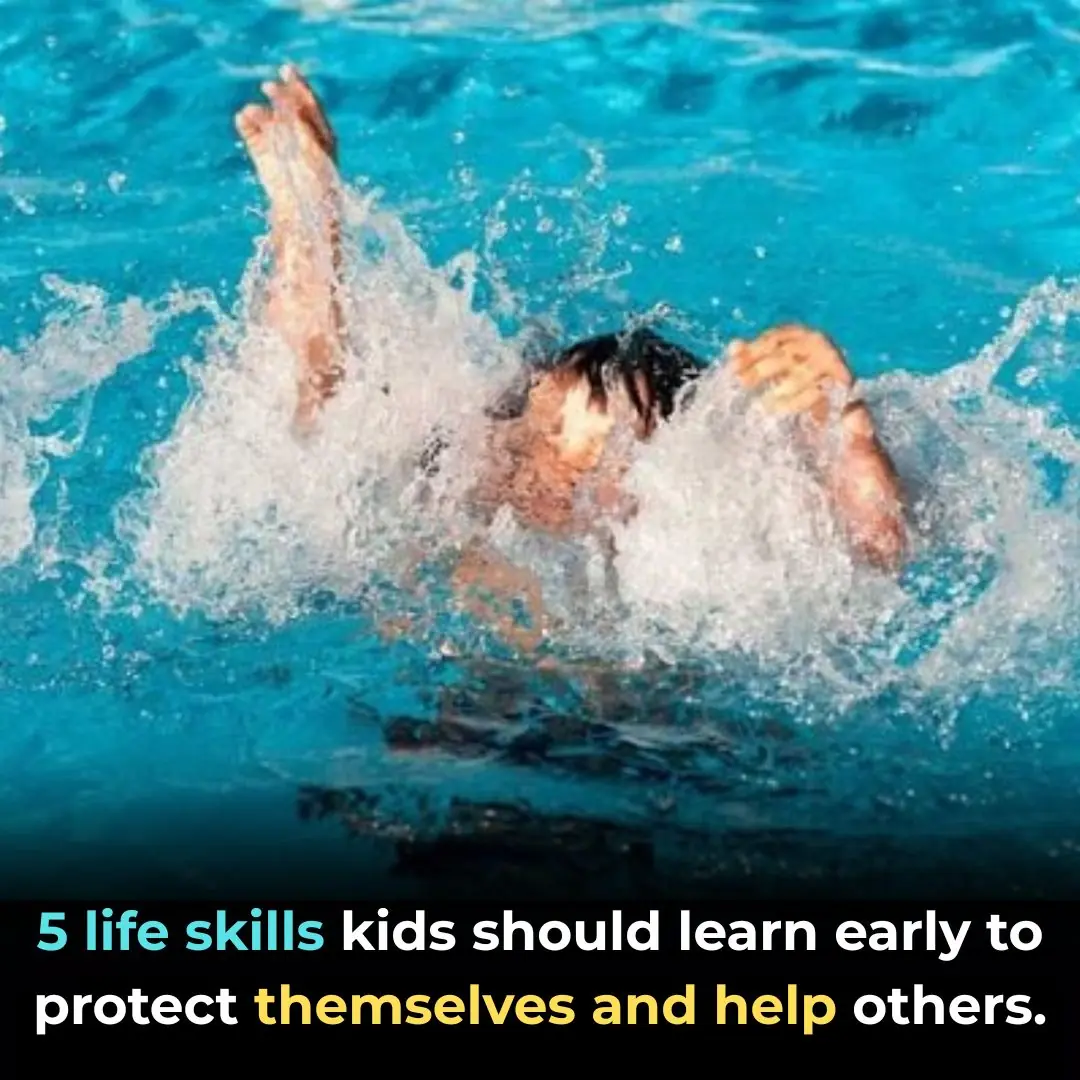
5 Essential Life-Saving Skills Every Child Should Learn Early
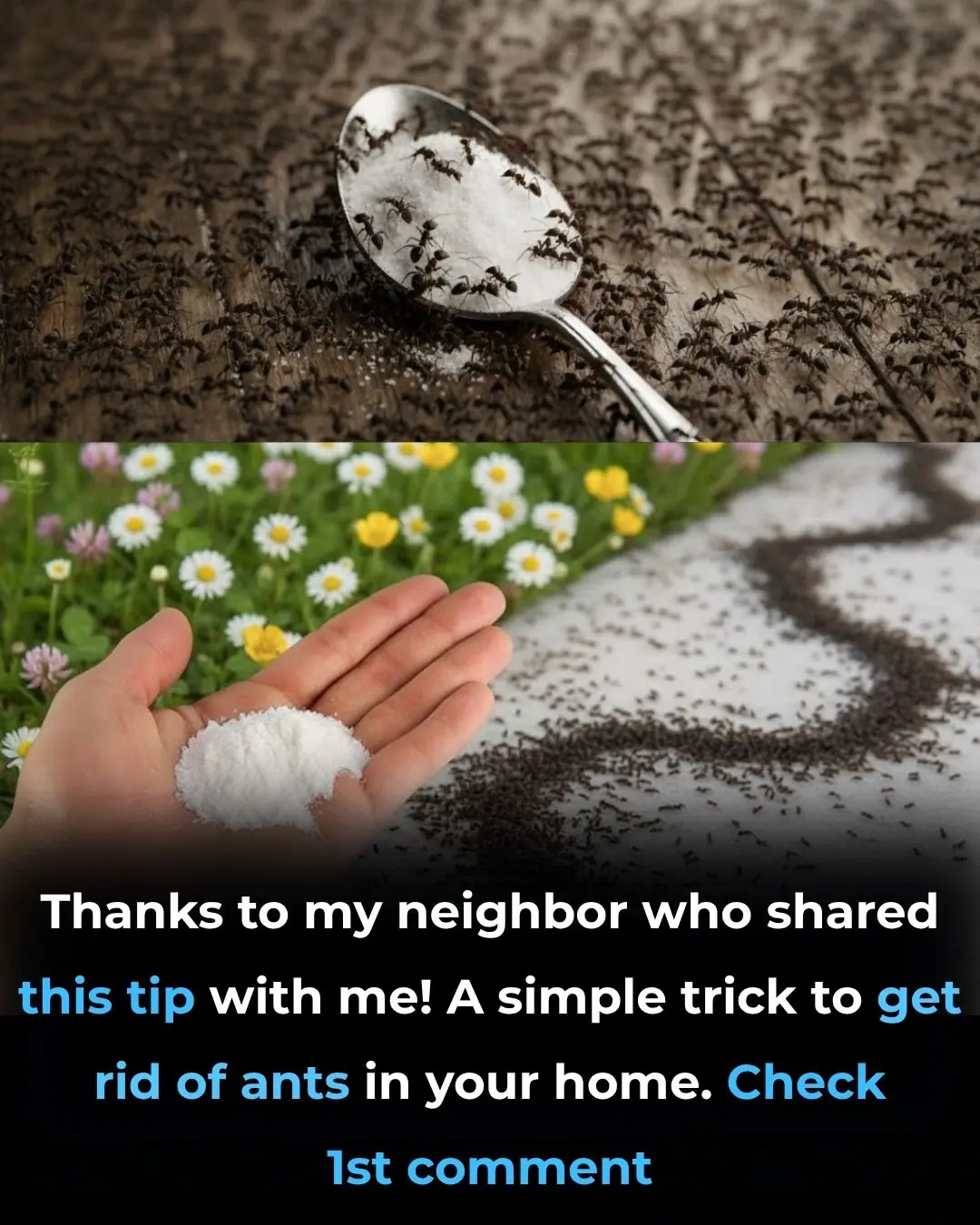
A simple tip you probably need right now.

Why Every Home — No Matter How Small — Should Grow Vietnamese Coriander

🌿 Discover the Hidden Gold in Your Garden: The Amazing Power of Castor Leaves

Don’t Throw Away Coffee Grounds — You’re Tossing Money and Magic!
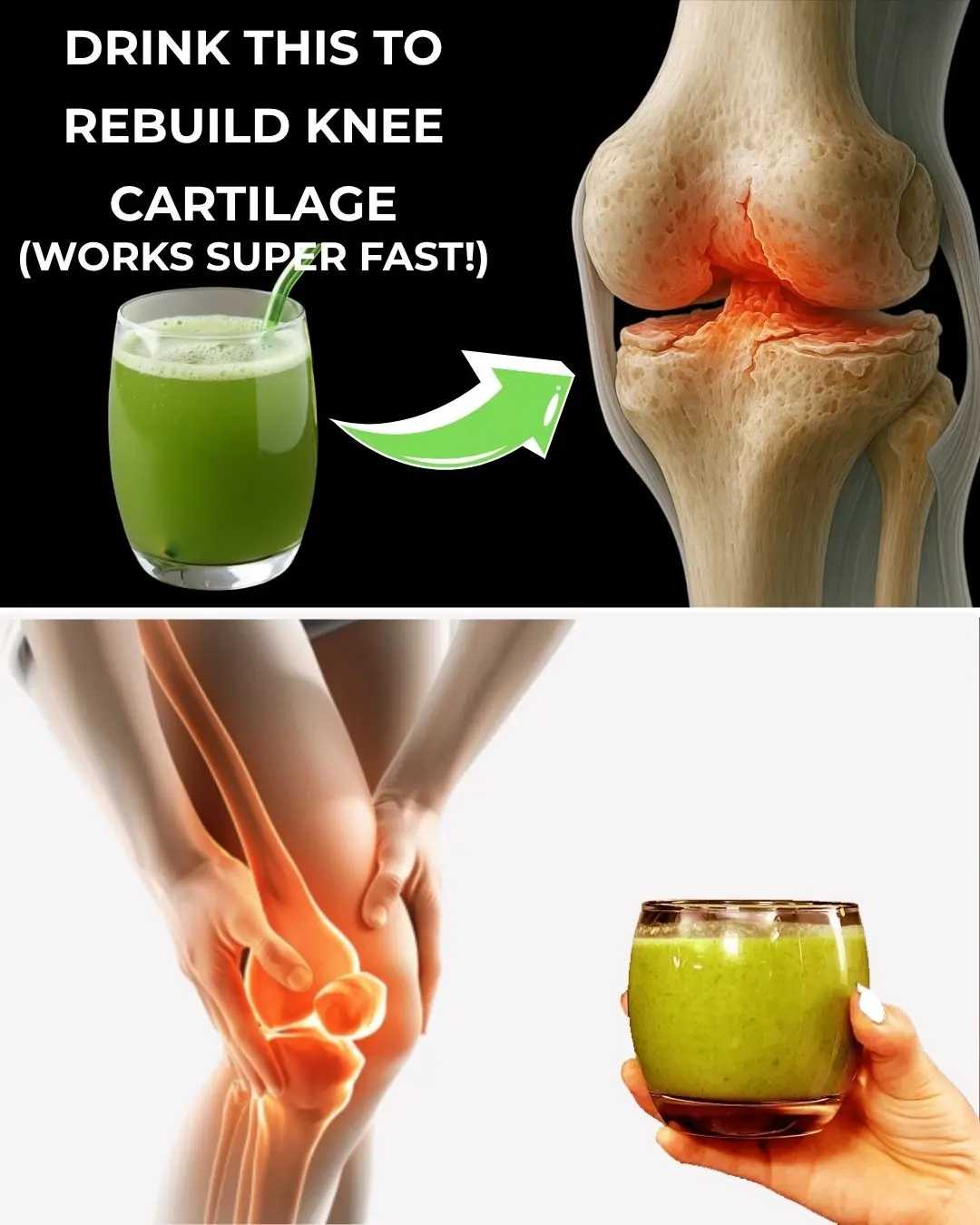
Discover the miracle drink that helps seniors rebuild knee cartilage quickly
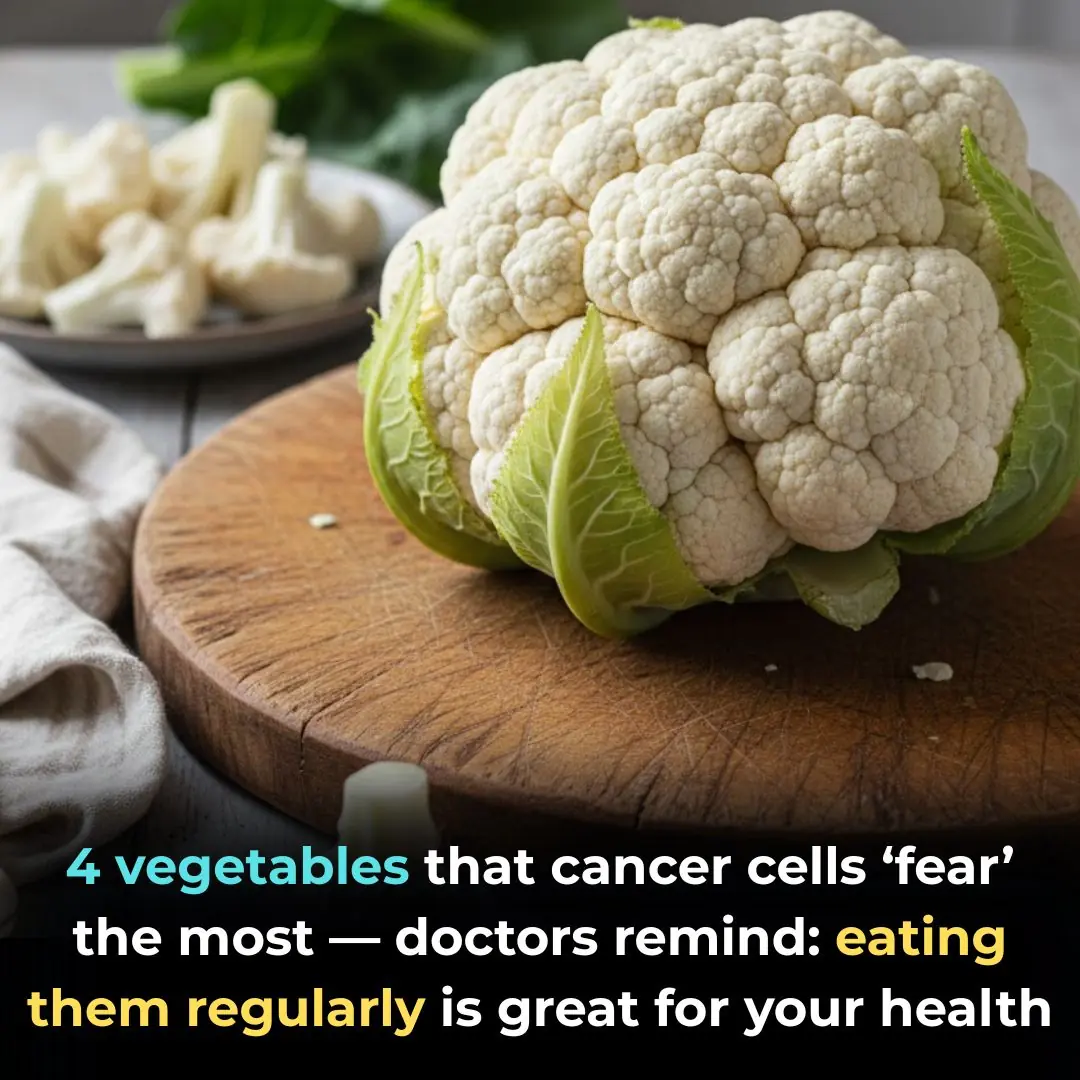
4 Cancer-Fighting Vegetables Backed by Science: Small Daily Habits for Long-Term Protection
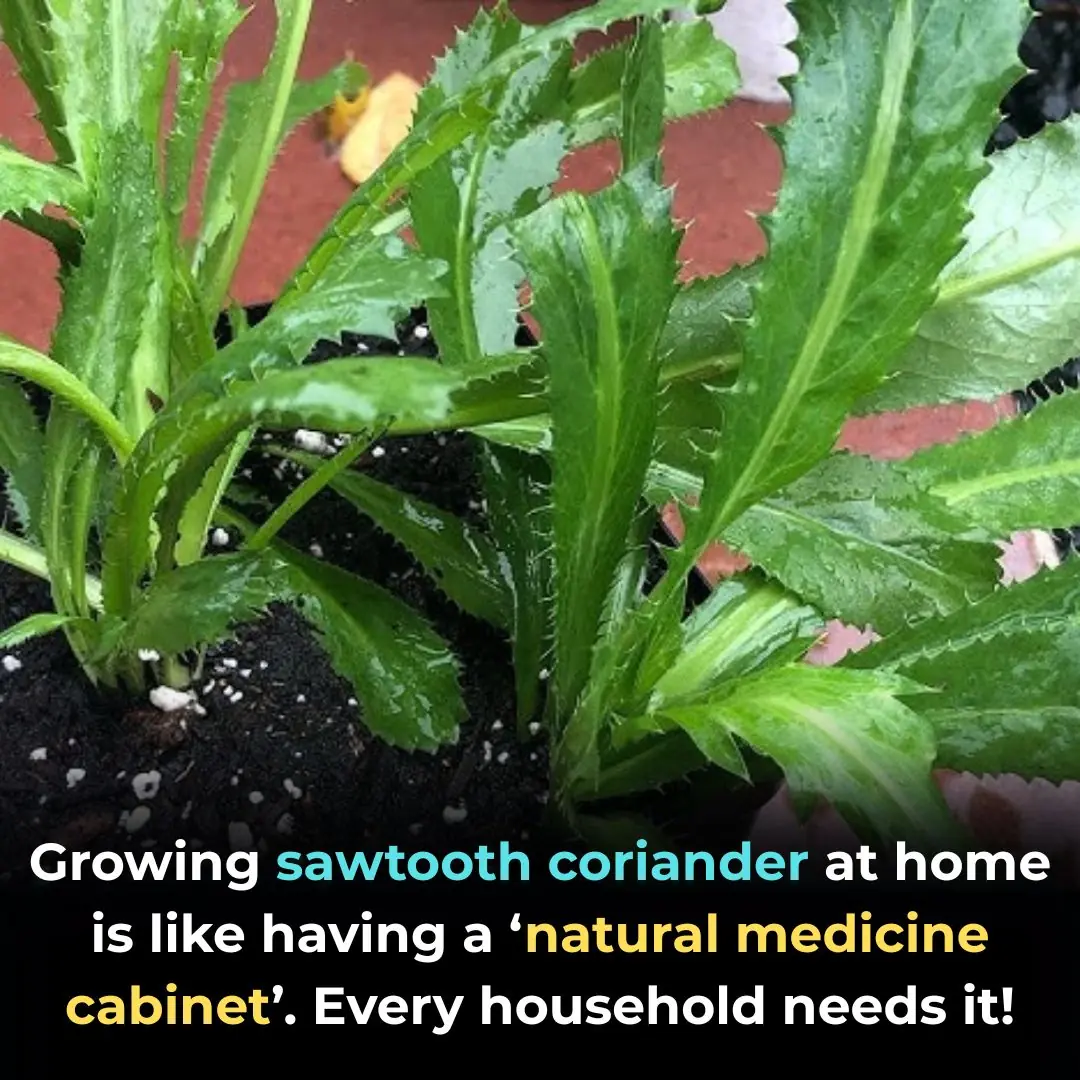
Growing Culantro at Home: A Small Herb with Big Medicinal Power
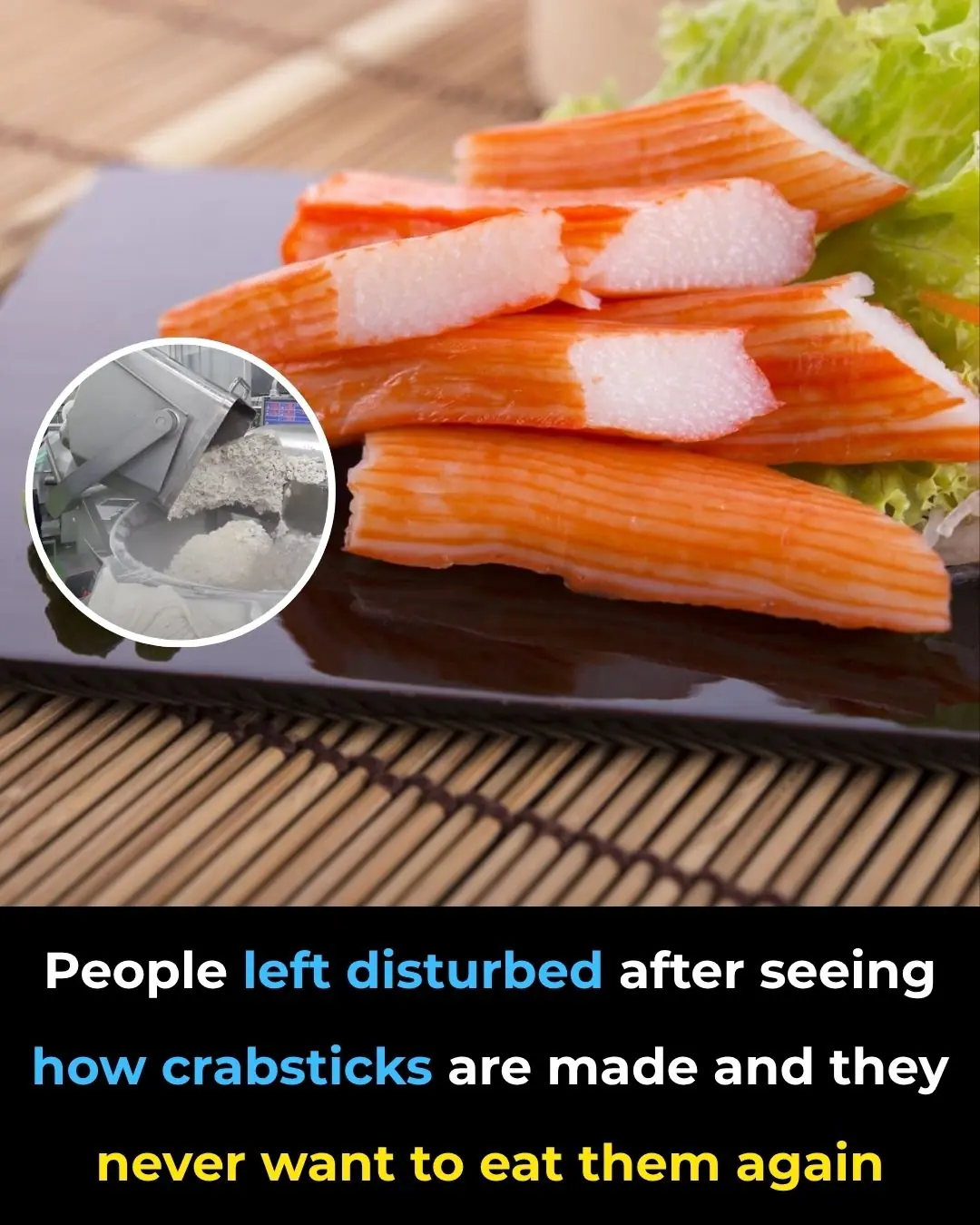
People Left Disgusted: Shocking Truth About How Crabsticks Are Made
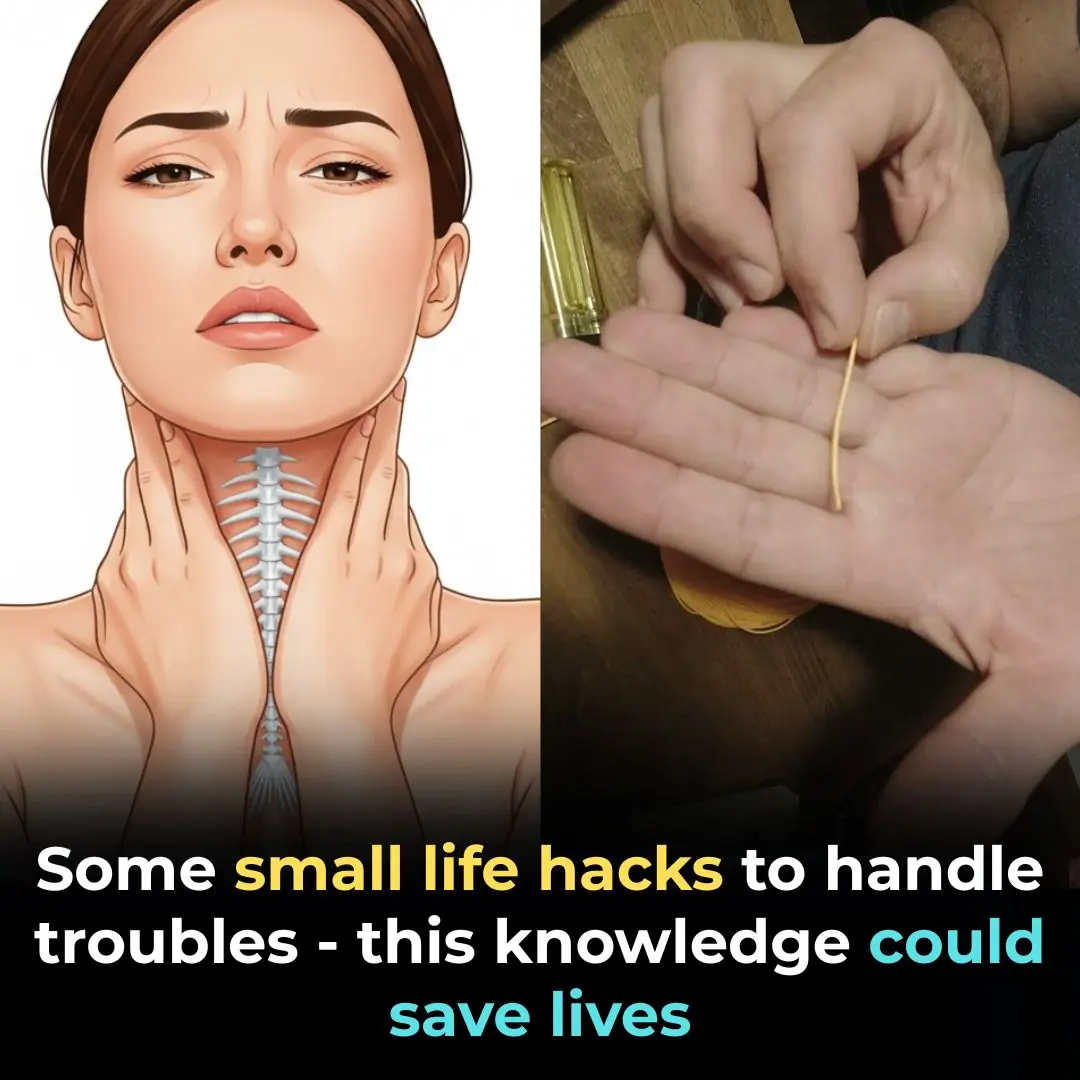
Everyday Emergencies: Small Tips That Could Save a Life
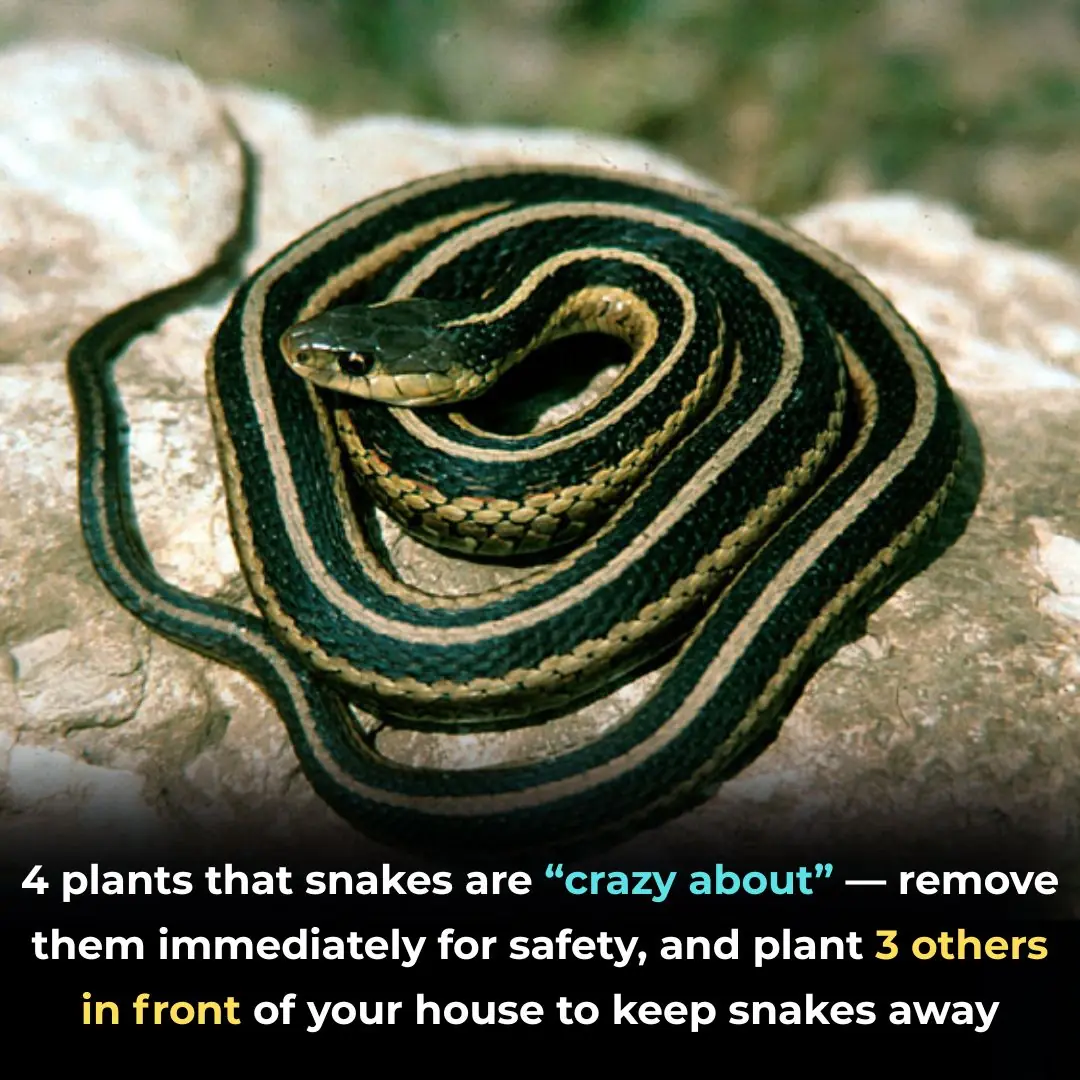
4 Types of Plants Said to Attract Snakes — and What Science Really Says About Safety Around Your Home
